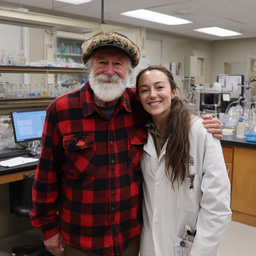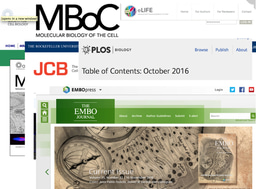

Science may be unique in human activities in that it produces a raw material instead of a product.
Most human endeavours involve taking a raw material, applying an input of time, money, and effort, and obtaining a product as the output. Factories take individual components, assemble them on a production line, and deliver complete units at the other end. Power stations take some natural resource, use it to drive turbines, and generate electricity. Investors take money, play the stock market, and convert it into profit (hopefully).
Science is unlike any of these. In science, the input of time, effort, and grant money are the same, but the output is a raw material – knowledge. And knowledge is the raw material – the fuel – of technology.
The beauty of it is that science actually doesn’t require any raw material of its own. You can use prior knowledge if you wish – an example of a discovery catalysing further breakthroughs – or you can start from a position of complete ignorance. Both beginnings are equally feasible, although the former tends to travel faster than the latter – as Newton acknowledged, it’s easier to rise quickly if you’re building on others’ previous work.
Not only that, but knowledge exceeds all other raw materials in that it’s an infinite ore. Once extracted from the dark seams of the unknown, it can be used forever. And it can be refined almost endlessly, its precision improved with every new tool that the research enterprise obtains.
As in traditional mining, science can yield both high-grade ore and low-grade ore. As with traditional mining, it’s the high-grade stuff that’s the most prized, and there’s plenty of fool’s gold too to trap the unwary or the incautious.
Conversely, technology cannot produce raw material – it can only build on what’s already known. Applied science can take those principles and make new devices, new drugs, new treatments; engineering can make new materials, new structures, and new machines. But it’s only possible through the efforts of those researchers who produced the knowledge in the first place.
Funnily, this is the exact meaning of “scientist” in German. A Wissenschaftler is literally someone who produces (schaffen) knowledge (Wissen). Nothing about translational research in that definition. In a delicious counterpart, “scientist” itself is a portmanteau of the Latin “scientia” (meaning knowledge) and the English “artist” – emphasising, perhaps, the creative aspect of the activity.
It’s sad therefore that the term “blue sky research” is often used as a pejorative. One of the great ironies of the Information Age is that the production of knowledge by itself is often not deemed a sufficient research goal. Yet it’s only by mining the blue sky that all those practical benefits can be ultimately realised.
Originally published on Total Internal Reflection - here.
Image created by Midjourney, using text prompts from Brooke.





Join the FEBS Network today
Joining the FEBS Network’s molecular life sciences community enables you to access special content on the site, present your profile, 'follow' contributors, 'comment' on and 'like' content, post your own content, and set up a tailored email digest for updates.